Travel has never been easier with smart devices, autonomous luggage and electronic bleeps to the brain
Technology is cutting the hassle of travel, from wristbands countering nausea to multilingual smartphones, sophisticated headphones and connected and autonomous luggage
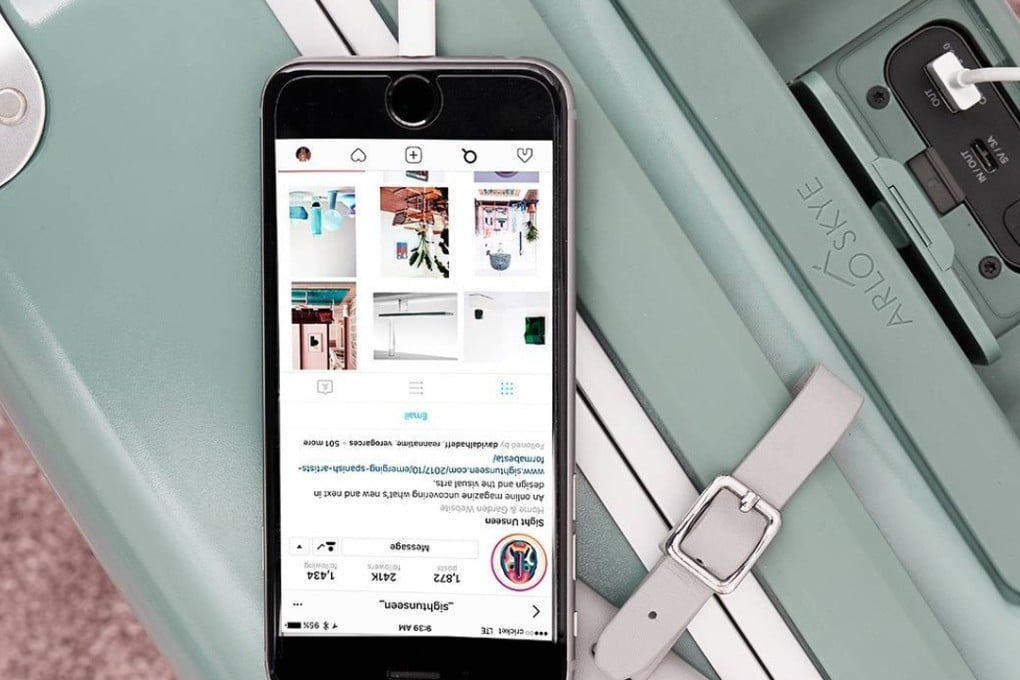
Globetrotters know that behind the glamour of travel, there is always the fear of something bad happening when you are overseas … getting sick, losing your luggage or just having to deal with queues. But technology is increasingly allowing hassle-free travels.
First, a couple of things before leaving home.
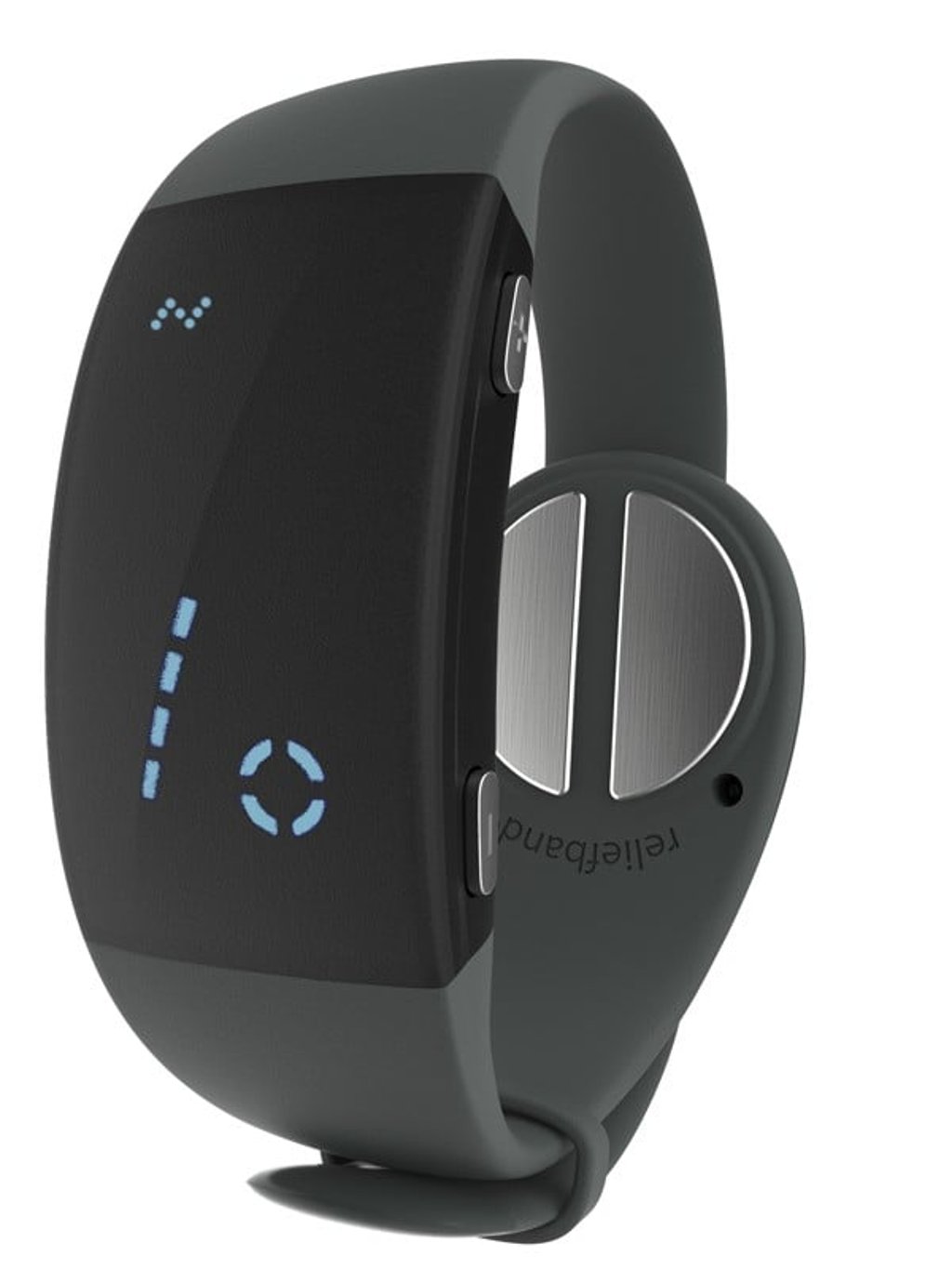
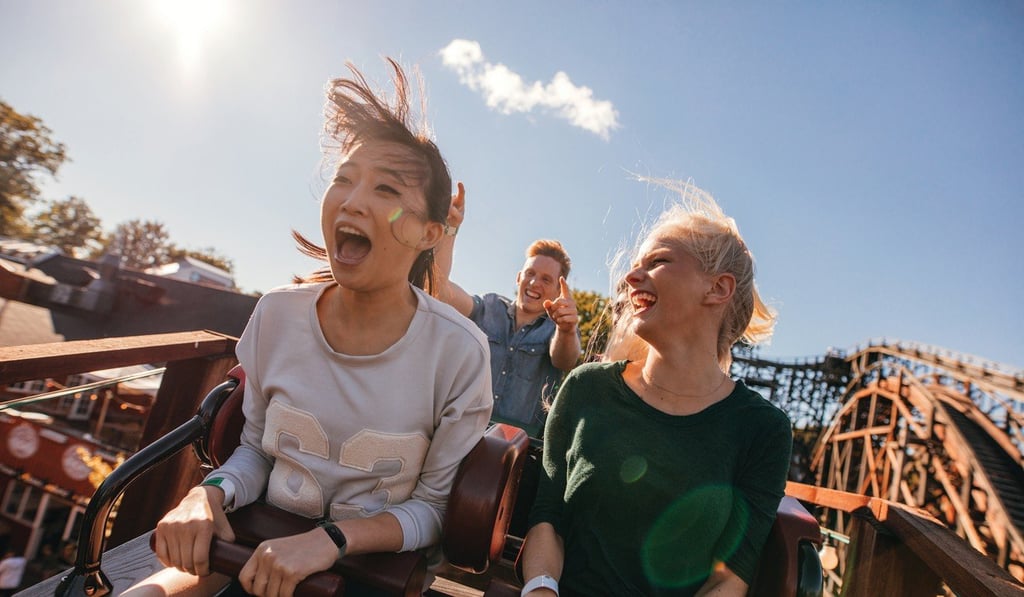
Since January this year, the International Air Transport Association has ordered its 275 member airlines around the world – accounting for about 83 per cent of total air traffic – to only accept carriage of smart luggage when it’s equipped with a lithium battery that can be removed from the bag. Restrictions also apply to GPS tracking devices.
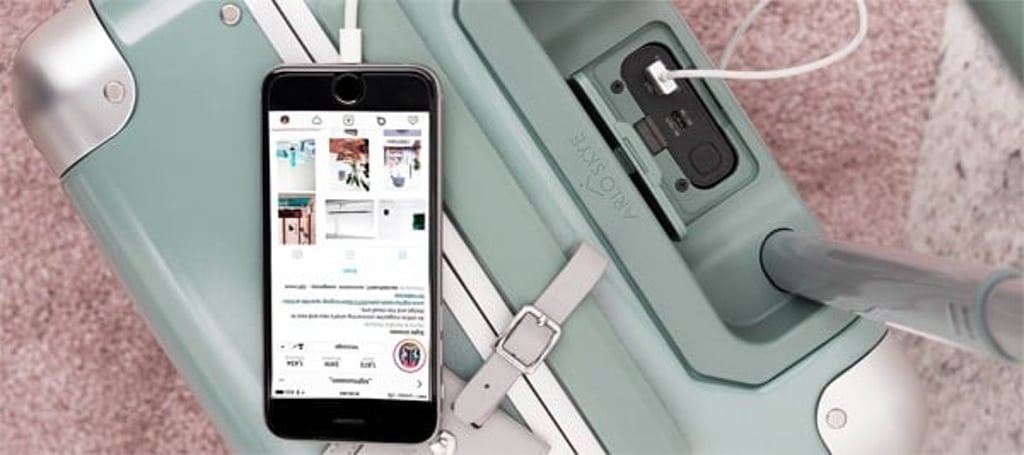
Samsonite also has a handy new piece of smart travel kit in its new Spinner Underseater with a removable battery and USB port. Charge your devices and hold your on-board travel essentials in a stylish carry-all designed to fit under an aircraft seat.
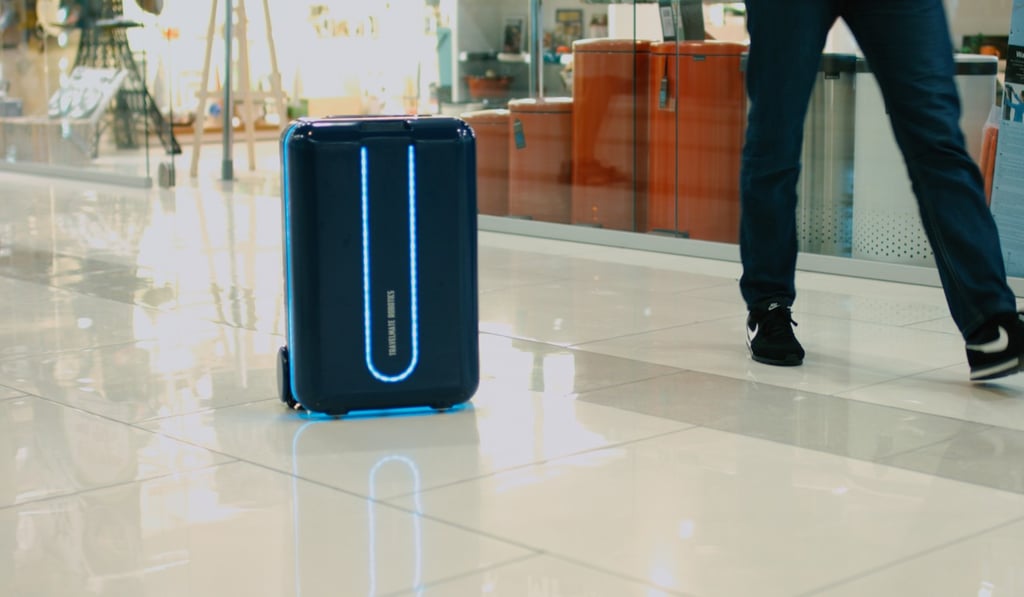
Chinese company ForwardX is also developing self-propelled luggage (showed at CES in Las Vegas, in January) although no release date was announced.
Airlines are improving their baggage-management practices as technology allows for better tracking, according to a new report from Swiss aviation technology group Sita, but the ratio of lost bags still runs at around 5.7 bags per 1,000 passengers. Personal tracking devices such as the Tumi Global Locator help travellers to monitor their own bags, sending location-specific positioning information to the owner’s smartphone.
The last thing you want to do after a long flight is run around looking for a SIM card
The device operates in various modes, taking care of the whole trip. In travel mode, it tracks a bag’s location every 20-30 minutes while waiting for that flight. After take-off, the device goes into “sleep” mode, “waking up” upon landing. “Hotel” mode provides the reassurance that the bag remains in its designated “home base” location.
Keep an eye out too for new travel accessories from luxury brand LVMH. Alexandre Arnault, CEO of the brand’s high-end luggage-maker Rimowa, recently shared plans to move beyond suitcases by producing other travel-related products bearing the famous name. The move has been boosted by a rising Chinese middle class that is travelling more than ever.
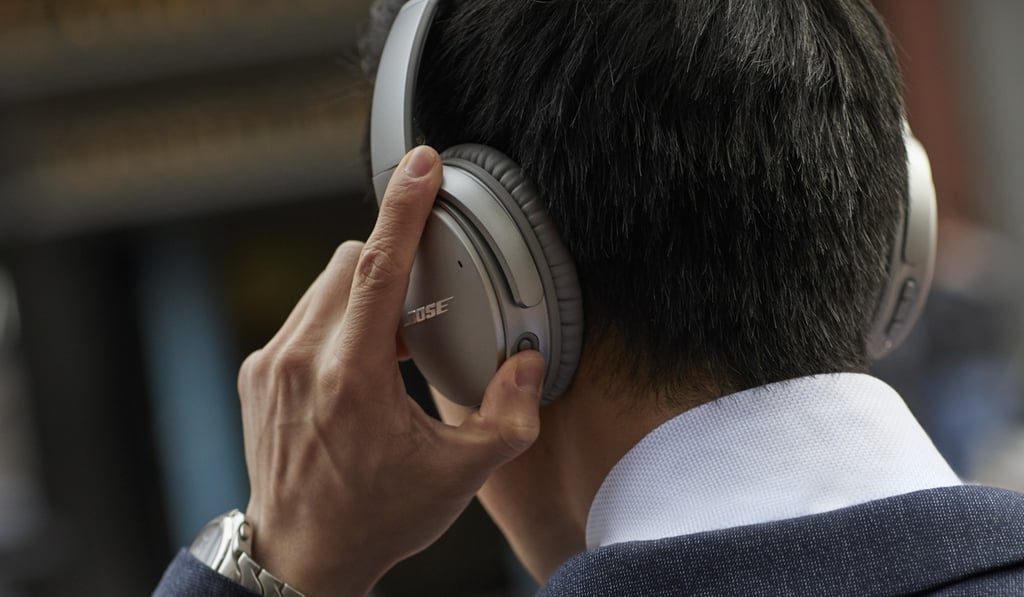
Technology can also bridge language barriers. Guests at Banyan Tree Samui, on the Thai island of Koh Samui, can use their Portier smartphone, which is handed out with room keys at check-in. This device allows guests to make calls, surf the Web and access a range of resort features, including restaurant menus, daily activities and sightseeing tips in English, Russian, Chinese, German or French.
This service meets an immediate need, says Remko Kroesen, Banyan Tree Samui’s general manager. “Often the first thing guests want to do is call home and tell family they arrived safe and sound,” he says. “They can do that immediately here. The last thing you want to do after a long flight is run around looking for a SIM card.”
Expect even more connected convenience in the future. Hotels in general are improving their apps to offer better experiences such as mobile check-in, while brands such as Starwood and Hilton are rolling out keyless room technology that enables guests to enter their room via a swipe of their smartphone.